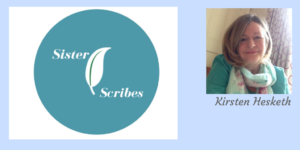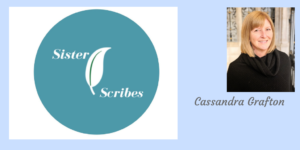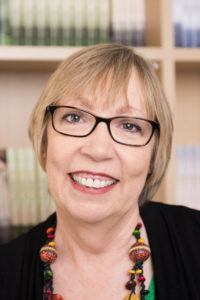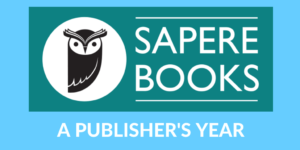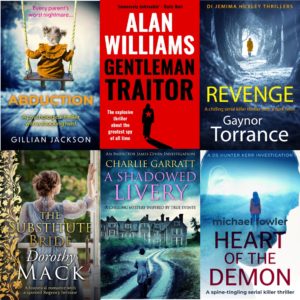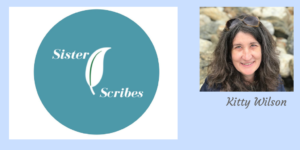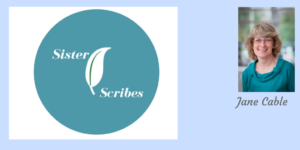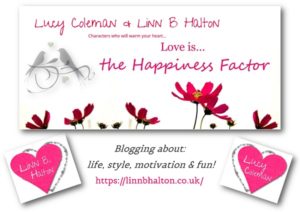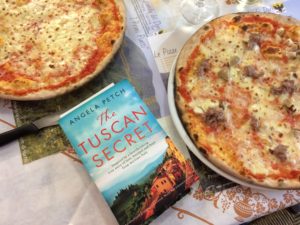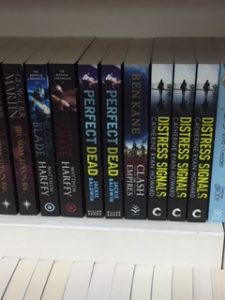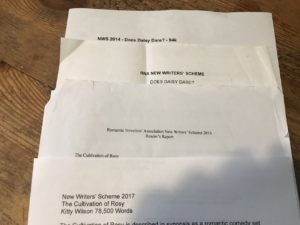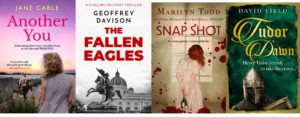Writing can be a lonely business and much has been written about writers seeking out other writers online. I’m a member of several online writing groups. I’m writing this article as one of the Sister Scribes; five writers who met through the RNA and banded together to become – hopefully – more than the sum of our parts. Then there’s the LLs – aka the Literary Lovelies – a group of writers who met through Twitter. Over the past four years, we’ve chatted most days, virtually cheering each other up and spurring each other on in our quest for world domination … er, publication. Geographically we’re scattered from Devon to Scotland via the home counties and Wales, but everyone makes a real effort to get together for lunch in London and the occasional retreat. Then there’s the informal support group that sprang up during Nano, another one that vents about politics, writers that met at the RNA conference, others that met during a virtual editing course … Wow – reading back through that lot, it’s a wonder I have enough time to do any writing at all!
All these groups have several things in common. We are all novelists- mostly writing romance or sagas or women’s commercial fiction. We are all – with a couple of honourable exceptions – woman. Most are seeking a publishing deal. And we are all – or mostly – ‘of a certain age’!
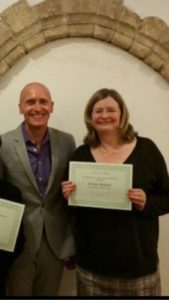 Which is partly why I love being part of my local writing group. I’ve been a member of Reading Writers for the past three years. It meets on the second and fourth Wednesdays of the month and it is gloriously diverse …. in age, gender and writing predilections. People are writing crime and thrillers, fantasy and sci fi and genres I’d barely heard of before. Many are busy with short stories or flash fiction or poetry or memoir. Lots have – or are planning to – self-publish. Some are biding their time while they learn about the craft of writing.
Which is partly why I love being part of my local writing group. I’ve been a member of Reading Writers for the past three years. It meets on the second and fourth Wednesdays of the month and it is gloriously diverse …. in age, gender and writing predilections. People are writing crime and thrillers, fantasy and sci fi and genres I’d barely heard of before. Many are busy with short stories or flash fiction or poetry or memoir. Lots have – or are planning to – self-publish. Some are biding their time while they learn about the craft of writing.
It all makes for a wonderfully vibrant and exciting group, one that pushes you outside your comfort zone and makes you look at your own writing though fresh eyes. I’ve written before about our ad hoc writing sessions in Coppa Club where a small group of us will meet for a morning to put our writing worlds to rights – before cracking on with the wordcount. A workshop on poetry and another on writing using all the senses really encouraged me to reassess my prose. The one on plotting had me stocking up on multi-coloured Post It Notes. Everyone other meeting is a ‘manuscript night’ where you are encouraged to submit 1,000 words of your WIP – the feedback is robust but invaluable – for example, last time, the 20 and 30 year olds in the group told me exactly why and how the online dating world is not how I had described it #imadinosaur #whoknew?. There have been book launches and pub visits and days out and going to the pantomime that one of the members had written.
And the competitions! Twice my short stories have come second – anonymously judged by external authors or journalists – and both times it was genuinely thrilling – the first and only times my writing has ever won anything. The certificates still have pride of place on the fridge.
All in all, it’s a fabulous group and I’m very proud to be a member of it.
The current treasurer’s a bit rubbish though 

